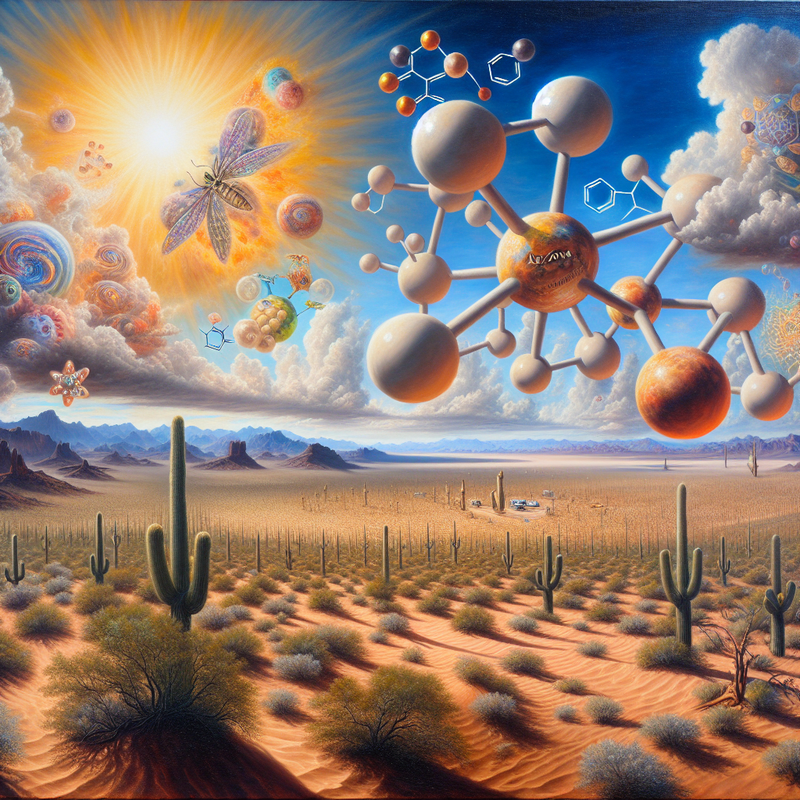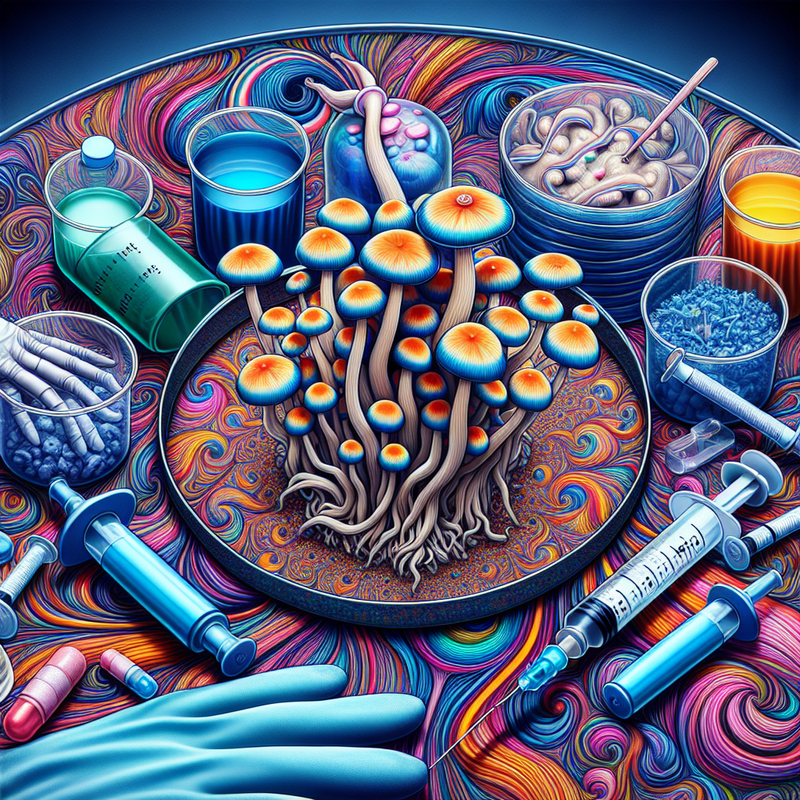The exploration of human consciousness and the psyche has reignited an enthusiasm for psychedelic substances, sparking a movement known to some as the ‘Psychedelic Renaissance.’
Alexander Beiner, an acclaimed author and facilitator for The Bigger Picture platform, sheds light on this burgeoning movement and its possible future paths.
Once mired in controversy, psychedelics are now experiencing a renaissance, recognized for both their therapeutic value and their significance in cultural exploration. In Australia, select psychedelics have been sanctioned for medical use as of 2023. Similarly, in the United States, both Oregon and Colorado are leading a progressive charge towards the legal and responsible use of psychedelics for therapeutic and personal growth purposes.
The ‘Psychedelic Enlightenment’: Broadening Horizons
Current discussions surrounding psychedelic substances have started to pivot from their curative applications to a wider realm of potential influences. The concept of ‘Psychedelic Enlightenment’ encompasses an integrated ecosystem that includes native worldviews, immersive retreats, and innovative research pursuits. Beiner points out that this shift transcends the realm of medicine, heralding a deeper societal and cultural transformation aimed at tackling foundational issues, from mental health crises to climate change.
“Despite efforts to detoxify these compounds for the medical community, tech entrepreneurs, and average citizens, psychedelics intrinsically defy conventional norms,” Beiner notes. He acknowledges the inherent capability of psychedelic experiences to illuminate, dramatically alter, and challenge traditional beliefs and practices.
Neuroscientific research supports the notion that psychedelics are capable of engendering deep-seated systemic change. Scholars like Robin Carhart-Harris postulate that these substances induce a ‘window of plasticity’ in the brain, fostering new neural pathways. This can serve to disrupt ‘reciprocal narrowing,’ defined by Mark Lewis as a core process in psychiatric conditions such as depression and addiction. According to Lewis, psychedelics may instead promote a ‘reciprocal opening,’ highlighting their potential role in psychological and behavioral transformation.
Integrating Psychedelic Principles into Mainstream Society
To realize a significant societal impact, the insights offered by psychedelics must be woven into mainstream cultural values and economic frameworks. This mirrors the aspirations of the earlier psychedelic counterculture, which saw these substances as catalysts for social and cultural evolution beyond mere wellness enhancements.
Beiner reflects on the parallels between ancient shamanic practices and our engagement with the digital world, suggesting that as psychedelic use becomes normalized, it could herald a shift from a materialist viewpoint to a holistic connection with our environment.
Translating psychedelic experiences into tangible societal progress demands collaborative effort, patience, and novel strategies to reform institutions and introduce new paradigms across diverse sectors. Psychedelics’ role may thus extend from individual transformation to collective progress and activism.
Beiner describes the forward path, “Speaking truth to power, reimagining entrenched systems, invigorating what has become stagnant with dynamism and evolution,” mapping the course for a future in which psychedelics play a crucial part in societal development. This vision advocates for uniting ancestral wisdom with modern contexts, fostering a balance that propels a Psychedelic Enlightenment as practical as it is transformative.



